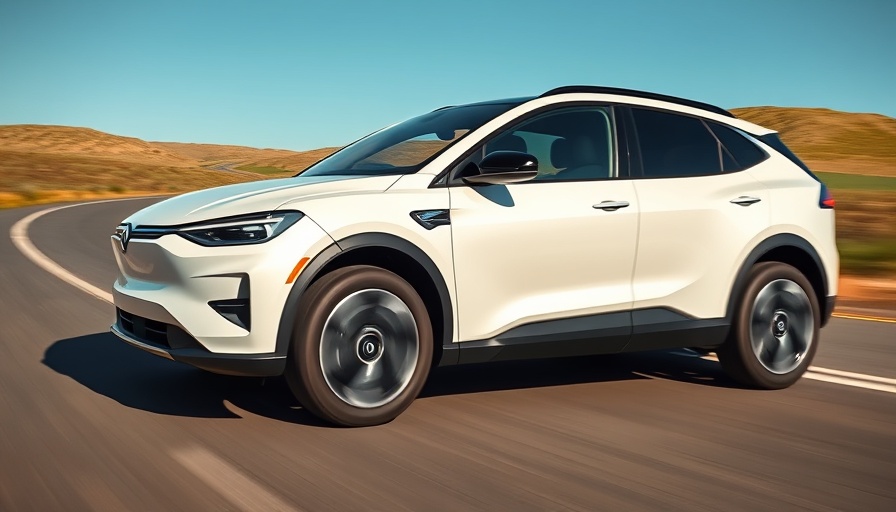
Revolutionizing Costs in Car Maintenance: A New Era for EV Batteries
As the automotive industry marches into the future, financial strategies in car maintenance are poised for a transformation. A dramatic drop in electric vehicle (EV) battery costs suggests a financial paradigm shift, with projections indicating that replacing an EV battery could soon be less than repairing a gasoline engine — a significant consideration for dealer principals, general managers, and finance managers focused on optimizing sales and financing.
Historical Context and Background: The Decline in Battery Costs
The rapid reduction in EV battery costs traces its roots to technological advancements and economies of scale. Recurrent, a firm that specializes in battery health for used EVs, highlights a compelling trend: battery replacement costs have dipped from representing 100% of a used car's value in 2020 to a projected 30% by the end of the decade. Understanding this evolution underscores the strategic opportunities available for the auto sector in leveraging these advancements for enhanced profitability.
Future Predictions and Trends: Embracing the Economic Shift
Projected reductions in battery prices present a promising narrative for the automotive market. With forecasts indicating a potential drop to $80 per kWh by 2026, Recurrent predicts a vibrant secondary market for used EV batteries. This burgeoning market could provide additional revenue streams as the use of second-life applications grows, offering a dual advantage of affordability and sustainability.
Unique Benefits of Knowing This Information
For dealership executives and finance teams, the economic implications of these trends could be game-changing. Understanding the cost-benefits could lead to strategic decisions that enhance sales offerings, remodel financing terms, and innovate customer engagement strategies. As battery costs drop, repositioning EVs as a more financially viable option becomes a tangible possibility, enticing cost-conscious consumers.
 Add Row
Add Row  Add
Add 




Write A Comment